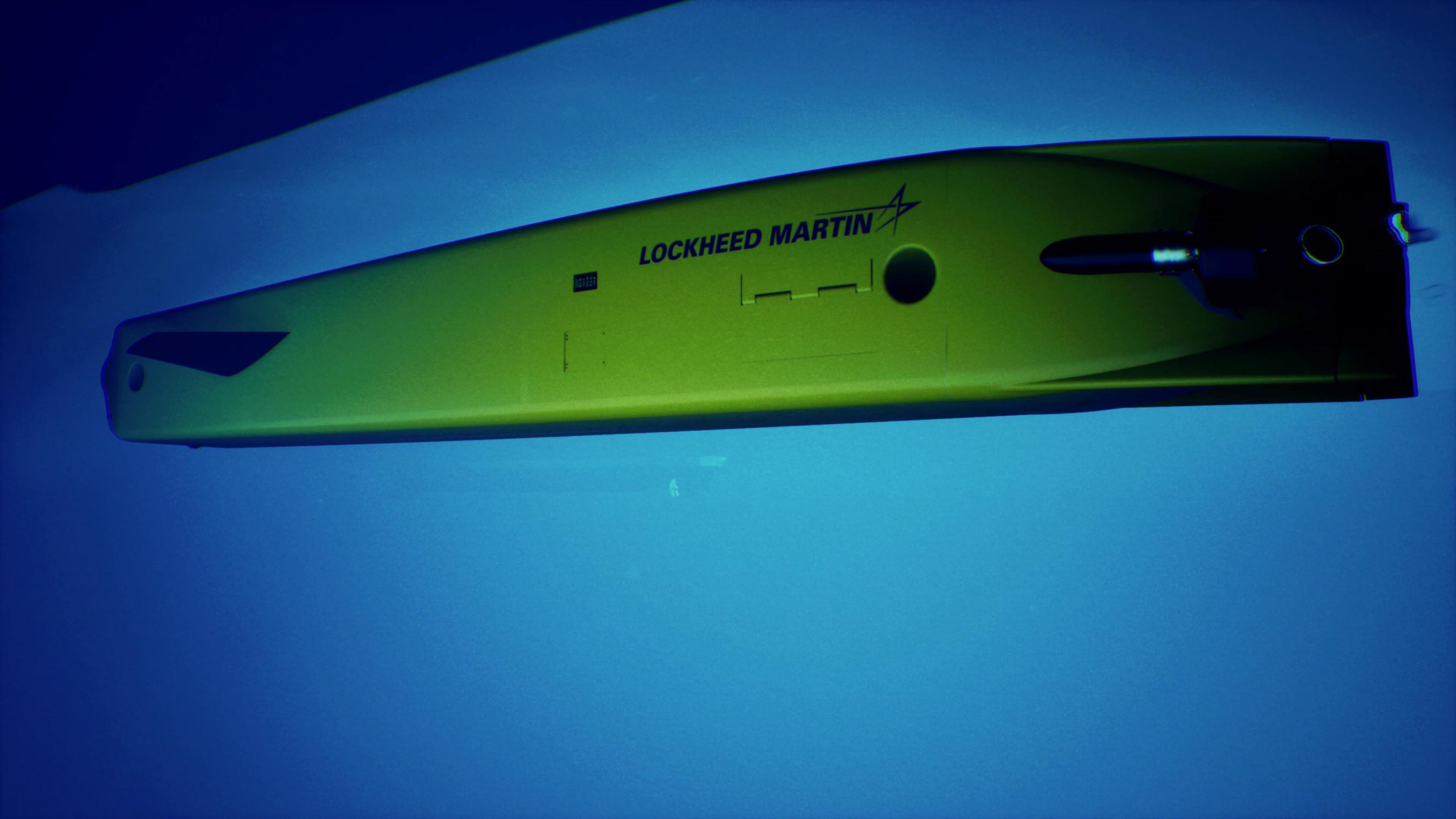
Merz’s Germany: 100 Days Of Economic Deep Freeze
Submitted by Thomas Kolbe
The German federal government is already staggering into its first major crisis just months after its election. That it also stands economically bare amidst mostly self-inflicted turbulence has gone largely unnoticed. Meanwhile, no one in Berlin seems concerned about the country’s economic catastrophe.
To call Chancellor Friedrich Merz’s first 100 days a false start would be the understatement of the year. His initial report card is a disaster. His ostentatious alignment with the Left in fighting the AfD, the catastrophic decision to halt arms deliveries to Israel, and the break with Germany’s last vestiges of state raison d’être will contribute to the premature end of this coalition just as much as Merz’s wobbly course in the debate over the SPD-nominated Federal Constitutional Court judge Brosius-Gersdorf.
Fear-Driven Shock Paralysis
Merz is fear-driven, fleeing to the international stage to project an aura of strength domestically against the background of bellicose noise in Russia policy, avoiding the looming collapse of his government and the embarrassment of a short-lived chancellorship. Armament, military readiness, and a pinch of patriotism—this is the thin veneer of Merz’s last line of defense.
It is the nature of the media that the EU’s disastrous handling of the trade conflict with the US, the Gaza crisis, and the escalation of the Ukraine conflict dominate headlines. Meanwhile, Germany’s economic decline accelerates. To be fair, Merz inherited a poisoned political legacy. The country’s deep recession was handed down by his predecessor Olaf Scholz, along with the dire state of the German social funds, which currently show a deficit of around €47 billion.
The extreme imbalances in Germany’s social system – resulting from the recession, demographic aging, and uncontrolled migration – cannot be blamed on Merz any more than the hyperstate-like public sector, now managing half of all economic output through its channels. The energy crisis is also a fact the new government must confront, layered atop a complex mix of structural deficits that have rendered Germany nearly untouchable in the global competitive landscape.
Problem Recognized?
The question must be: Has Merz at least recognized the severity of the country’s economic crisis? And if so, what measures does his government plan to reverse it? In the third year of recession and with a loss of 700,000 jobs since 2019, it is clear Berlin knows the political course leads Germany toward catastrophe.
On the plus side, Merz can claim his so-called “investment booster,” mainly composed of two measures: the temporary reintroduction of declining balance depreciation until 2029 and a corporate tax cut from 15% to 10% starting 2028. These measures would relieve the economy by €11.3 billion, roughly 0.23% of GDP—laughably small given the economy already carries €146 billion in unnecessary bureaucracy costs.
Merz should have wielded the chainsaw here, but no German politician dares challenge a bureaucracy that has grown into a state within a state, adding half a million employees in the last six years.
Reform Refusal and Course Maintenance
Merz’s original promise to cut electricity taxes for business and consumers also signals, unspoken, that the green transition is seen as the root of the energy crisis, driving energy-intensive firms out of the country. Last year alone, €64.5 billion in direct investments left Germany, a long-standing trend now accelerating.
Consequently, Germany is losing its economic foundation, on the verge of becoming Europe’s Rust Belt, much like parts of the US. Yet Berlin does nothing: no electricity tax cut, no return to nuclear, no scrapping of the burdensome heating law. Merz refuses any reforms in the green transition. We are witnessing the continuation of Habeck’s deindustrialization agenda.
Merz avoids all conflict with Brussels’ Green Deal. The core of centralist policy, the key to Germany’s economic liberation, remains untouched, regardless of how sharply the recession bites.
An orderly withdrawal of the state from the frozen energy sector, weighed down by subsidies and regulations, is nowhere in sight. Talks with Moscow over gas imports are unthinkable—Brussels stubbornly polishes the 19th sanctions package. Merz watches as a policy takes root that delivers Germany a fatal economic blow.
Systemic Collapse
Even social fund problems, the scandalous citizen’s allowance, now promoted globally as aid for migrants, fall under economic policy. Like a rabbit before a snake, the government freezes amid widening deficits, attempting to fix health and pension insurance with new debt and supplementary transfers. Only an effective migration policy shift and painful reforms to social benefits could reverse the downward spiral.
Merz allows Germany to head toward French-style conditions—his historically and legally dubious €1 trillion debt program will push Germany into the middle ranks of European debt states, raising the debt-to-GDP ratio to 95%, turning the federal budget into an unbearable weight. Infrastructure spending is nice, but with social funds in crisis and defense commitments rising, resources will barely suffice to maintain existing assets.
No Regulatory Turnaround
Unless Germany’s economic course turns 180 degrees, this government will go down as a temporary continuation of the red-green agenda and a footnote in the country’s history. With a coalition backed by the Left, Merz lacks the political capital and personal reform drive to pull Germany out of crisis.
In Argentina today, one can observe the recipe for political turnaround: drastic state downsizing and deregulation should guide policy. The state’s share must shrink enough that private markets regain control of investment allocation.
Merz would need to break the ideological wall of his structurally leftist coalition, cancel the Green Deal with Brussels, and restore diplomatic relations with Moscow to turn the tide. Germany is light-years from such a paradigm shift. Until then, the economic substance left by two postwar generations will be politically squandered.
Tyler Durden
Sat, 08/16/2025 – 09:20

ZeroHedge News
[crypto-donation-box type=”tabular” show-coin=”all”]





